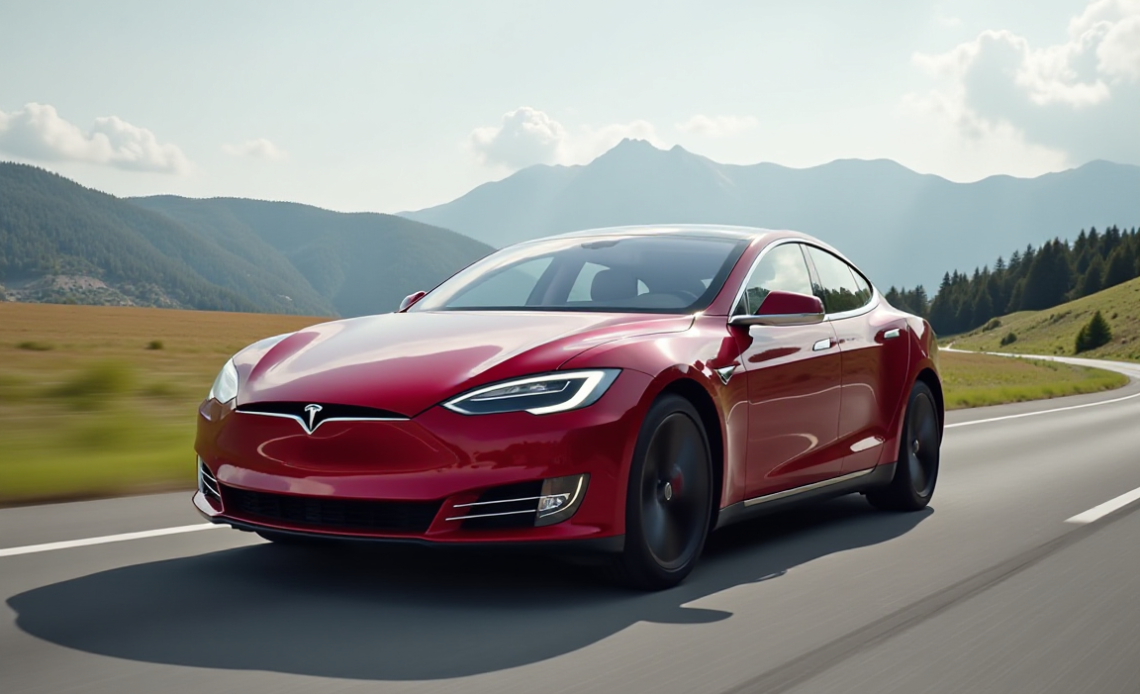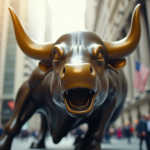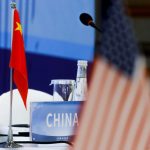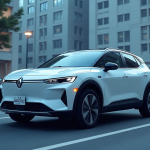
A federal jury in Miami has ruled that Tesla must pay $329 million in damages in connection with a fatal 2019 crash involving its Autopilot system.
The case, which was heard in the Southern District of Florida, concluded with the jury finding Tesla partly liable for the collision that killed 22-year-old Naibel Benavides and seriously injured her boyfriend, Dillon Angulo.
The payout includes $129 million in compensatory damages and $200 million in punitive damages.
Attorneys for the plaintiffs had originally sought around $345 million.
The trial began on July 14 and centered around the use of Tesla’s Enhanced Autopilot feature in a non-highway setting—specifically, on a local road in Key Largo, Florida.
George McGee, the owner and driver of the Tesla Model S involved in the incident, had activated Autopilot while driving.
He testified that he dropped his mobile phone while using the system and reached down to retrieve it, expecting the car to brake automatically if an obstacle appeared.
Instead, the vehicle accelerated through an intersection at more than 60 mph, striking a parked vehicle and hitting Benavides and Angulo, who were standing nearby.
Benavides was pronounced dead at the scene, and Angulo suffered serious injuries, including multiple fractures, a traumatic brain injury, and lasting psychological effects.
Legal arguments focus on autopilot’s design and use
Central to the plaintiffs’ case was the assertion that Tesla’s Autopilot system was not adequately restricted to appropriate road types.
Brett Schreiber, one of the attorneys for the plaintiffs, argued that Tesla knew Autopilot was only designed for controlled-access highways but chose not to limit its usage.
He also cited public statements from CEO Elon Musk suggesting Autopilot was safer than human drivers.
“Tesla’s lies turned our roads into test tracks for their fundamentally flawed technology,” Schreiber stated in an email following the verdict.
He said that these design and communication failures ultimately endangered drivers and pedestrians alike.
Tesla, in a statement to NBC, disagreed with the jury’s decision and indicated plans to appeal the verdict.
“Today’s verdict is wrong and only works to set back automotive safety and jeopardize Tesla’s and the entire industry’s efforts to develop and implement life-saving technology,” the company said.
Broader implications for Tesla and the industry
The ruling comes at a time when Tesla is trying to solidify its position as a leader in autonomous driving technology.
CEO Elon Musk has promoted plans to deploy fleets of robotaxis and has framed Tesla’s self-driving capabilities as a cornerstone of the company’s future growth.
The verdict may have broader ramifications. Tesla currently faces about a dozen lawsuits involving claims that its Autopilot or Full Self-Driving (Supervised) systems were active during crashes that led to fatalities or injuries.
The National Highway Traffic Safety Administration (NHTSA) has been investigating Tesla’s driver assistance technology since 2021.
The agency is also reviewing whether Tesla’s software updates effectively address issues related to stationary emergency vehicles and other safety concerns.
In the wake of the verdict, Tesla shares fell by 1.7% on Friday.
The stock is now down 20% year-to-date, making it the weakest performer among large-cap technology companies so far in 2025.
The post Tesla ordered to pay $329M over fatal autopilot crash in Florida appeared first on Invezz






